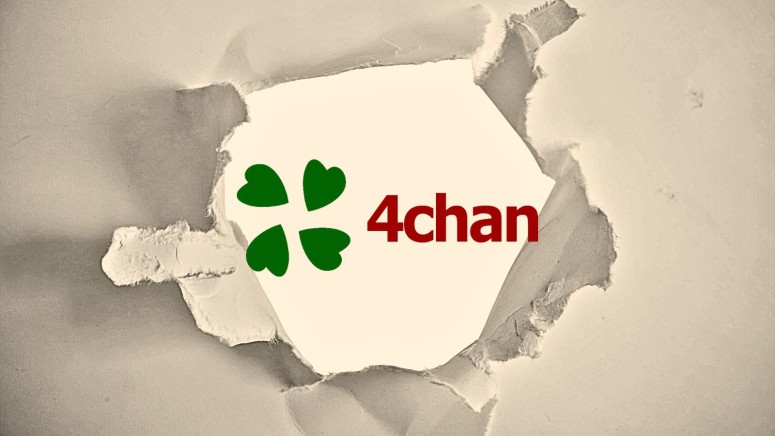
4chan Returns Online Following Major Hack and Data Leak
- The 4chan platform announced it’s not dead via a recent blog post following data leak claims.
- The site administrators assert that the website’s core community functions are back online.
- Yet, the platform is gradually restoring functionality, users have experienced limitations.
After being taken offline for nearly two weeks due to a significant cyberattack, the controversial image-sharing platform 4chan is partially operational again. The platform suffered a major security breach reportedly caused by a hacker exploiting a vulnerability via a "bogus PDF upload."
A post on the platform’s official blog detailed how the hack disrupted its infrastructure, forcing a temporary halt to services on April 14.
Additionally, data leaked during the breach included lists of moderators and so-called "janitors," prompting concerns within the site's often-controversial communities.
The attacker managed to exfiltrate sensitive data, including server tables, source code, and moderator information. The damage was described by 4chan as “catastrophic.” One anonymous moderator confirmed that they believed the leaked data to be authentic.
Although the platform is gradually restoring functionality, users have experienced limitations, including the inability to upload PDFs and the permanent closure of its Flash animation board. These restrictions, according to 4chan, are measures to prevent similar exploits in the future.
4chan attributed the root cause of the breach to years of financial hardship and insufficient resources to adequately update its infrastructure. The platform blamed its limited access to advertisers, payment providers, and service partners due to external pressure campaigns.
Advertisers and payment providers rarely want to work with 4chan, the blog post explained, adding that these constraints have critically hampered the site's ability to maintain robust cybersecurity protections.
Although some features, such as posting and image uploads, remain limited as of this weekend, the site asserts that its core community functions are back online.
The hack underscores the vulnerabilities faced by platforms operating on outdated frameworks with limited resources, particularly when confronted with increasingly sophisticated cyberattacks.
The incident also raises broader questions about liability and preparedness among companies that continue to host and moderate controversial or high-risk online communities.
4chan’s ability to recover and mitigate future risks amidst financial and reputational challenges will likely serve as a crucial case study in cybersecurity resource allocation moving forward.











